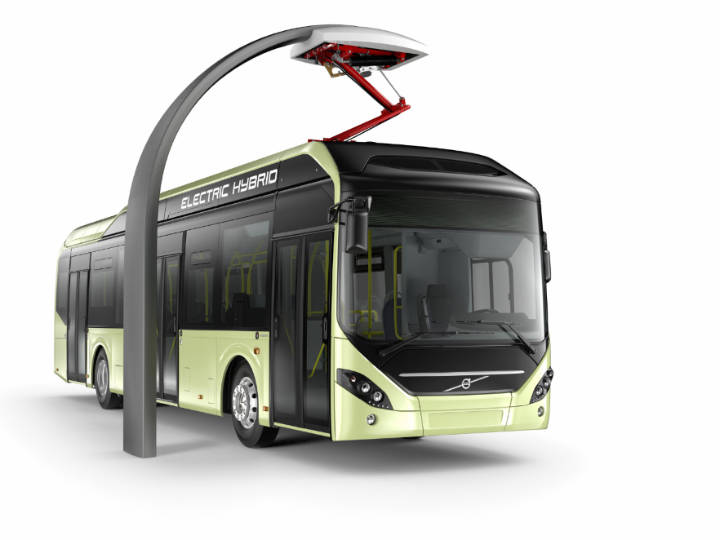99% of the world’s electric buses are in China. Learn more: https://t.co/qvWBEtoMae pic.twitter.com/Uc2njAxCgN
– World Economic Forum (@wef) April 26, 2018
Our work with the World Economic Forum’s Future of Mobility and Electricity initiative identifies three primary benefits of the electrification of urban mobility.
First, the electrification of transport supports national and local ambitions for cleaner mobility. Even without significant changes in the sources of electricity generation – primarily coal, natural gas and renewables – an electric vehicle (EV) can still reduce CO2 emissions by 60% compared with internal-combustion engines. With more than 20% of emissions coming from light-duty vehicles in the US, EVs could be a major factor in improving air quality and the health of urban residents.
Second, as battery prices fall, EVs might soon be able to provide cheaper mobility for individuals, bus fleets, and more. With lower operating costs, the total cost of ownership for EVs – that is, how much owners spend over its useful life – should reach parity with internal combustion vehicles over the next five years and continue to decrease. Shared across multiple customers, their patterns will also be optimized to reduce congestion in cities.
Third, if charging times and locations are carefully planned, EVs could provide additional benefits. Smart charging could schedule EVs to charge when electricity prices are low and stop charging when demand for electricity is too high. EV batteries can also store surplus electricity and distribute it back to the grid on demand – a feature that could be particularly significant for large fleets of EVs.

